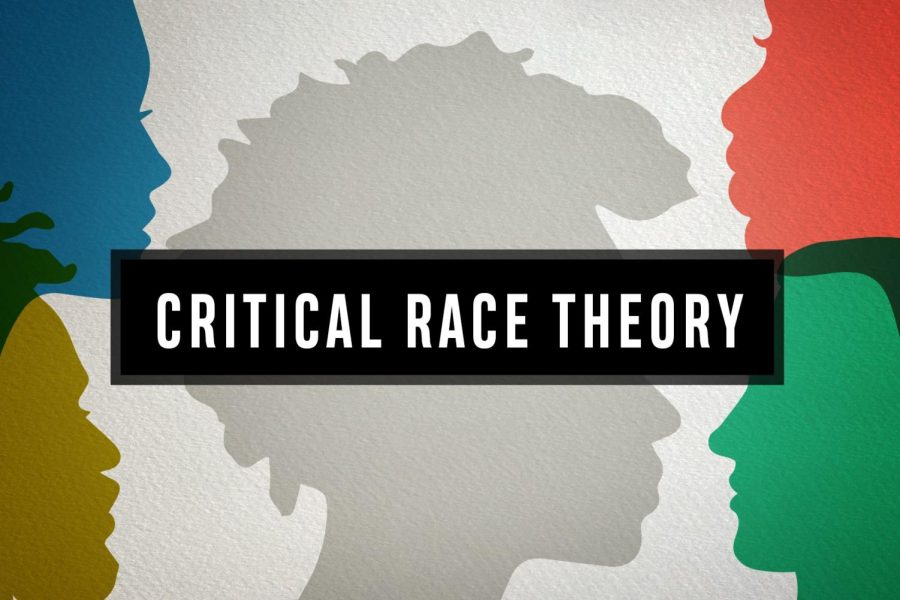The Texas CRT Bill- Obstruction of the Facts?
Critical Race Theory is a hotly debated topic within the media, and the debate on whether it should be taught in public schools K-12 rages on today.
Critical race theory, coined by legal scholar Kimberle Crenshaw, revolves around the central principle that race is a social, not biological, construct, and that racism is not a product solely of prejudice, but is a concept entrenched in the justice system today. It’s been proven in many instances throughout history, but the forefront example of CRT in action occurred in the 1930s, where government officials identified poor financial locations solely on the racial composition of the people within. They then gave this information to banks, which refused to offer loans to occupants of the locations. It proves that racism is still in our justice and financial systems, and that CRT is based on, at least in the most part, tangible events in history.
Now, a new bill is being passed in Texas, a bill that prohibits the teaching of CRT concepts in public schools. Under this bill, teachers in Texas public schools are not allowed to discuss highly controversial social issues in the classroom. The bill would also cost about 15 million dollars, to implement training programs that executed the bill. The argument of supporters of the bill consists of the idea that restrictions of controversial topics like CRT result in less distraction from other educational topics. However, due to the astronomical cost of the bill and the obstruction of conversation and free speech it produces, the Texas CRT Bill should not be passed.
Firstly, the bill will cost a king’s ransom of 15 million dollars to implement. The money would go into training of teachers and officials on the avoiding of these controversial topics. However, rather than spend money on an already negative bill, the money could be used for a variety of other things. School infrastructure could be strengthened, and new technology could be implemented into classrooms to further student learning processes. Therefore, the millions of dollars, already being put in a bill designed to limit conversation on important societal concepts, could be better spent in other educational pursuits.
Next, the bill itself promotes concepts that are all against what America and its Constitution stands for. It restricts any form of discussion on highly controversial topics like CRT, and, in this way, silences any thoughts on the matter, which hurts individuals affected by the bill. The bill promotes obstruction of free speech through its restrictions, a concept that goes against the First Amendment in classrooms. In fact, if a topic is controversial, it can be argued that the topic should be discussed more. It is okay for students to disagree or agree with concepts from CRT, but it is never right to hide the facts within it from them.
Supporters of the bill argue that CRT implies that the American justice and legal systems are corrupted, and that students should not be learning about the darker side of the country. However, this argument encapsulates the problem with the bill. Students are not given all of the information on CRT in general, and students should be taught instances of critical race theory being proven in America. It is not correct to hide facts about a country in the name of patriotism, but these facts should be utilized to ensure that events shown in concepts of critical race theory do not occur again.
In conclusion, the Texas CRT bill argues for the prohibition of discussion of widely controversial topics, mainly critical race theory, in the classroom. However, with the large amount of money that is necessary to implement the plan, and the evident moral issues with the bill, the CRT bill should not be passed.







